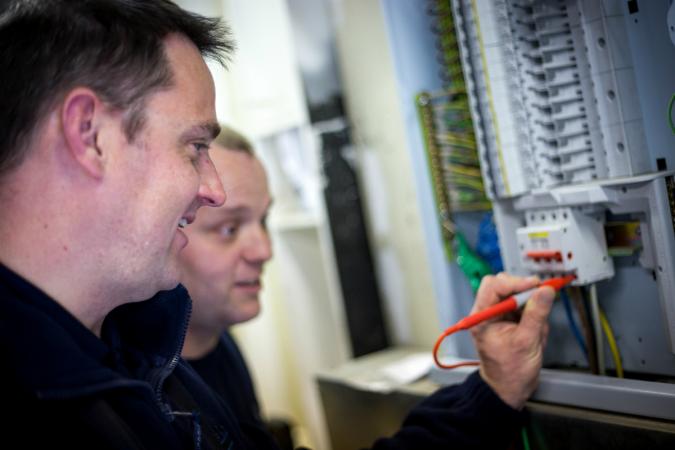Getting best value for your building assets
Unexpected breakdowns and repairs can impact the services you provide – taking a strategic approach to the lifecycle of a building and its maintenance will minimise that. With our expertise in lifecycle services, you benefit from a proactive approach.
Forward planned, preventative maintenance assures you of functional, safe and compliant facilities. Your systems and equipment will be repaired or replaced at precisely the right time. This ensures you get best value, that your assets are effective for their lifetime, and you avoid the disruption and expense of unexpected downtime.
With our knowledge and expertise, forecasting maintenance spend for you will optimise the ‘whole life cost’ of your building and the assets within it.
We can take responsibility for your lifecycle fund to ensure that all preventative maintenance is accurately costed, and the budget planned so there are no unexpected costs.
When existing equipment has reached the end of its economic life, we specify and deliver modern replacements for plant, components and building fabric. We have the capability to deliver most planned maintenance works in-house, or by using our trusted supply chain.
When you work with us, we build a partnership that is focused on meeting your goals. These are unique to each of our customers – every day our purpose is to work collaboratively with you to achieve these.
Proactively maintaining your assets for best value
Our lifecycle services offer includes:
- Forward planning major maintenance activities
- Forecasting spend on replacement assets and fabric components
- Management of lifecycle funds.
- Delivering specified lifecycle works.
Need some consistency in the terminology here. Lifecycle maintenance isn't really a known term - Preventative or Forward Planned Maintenance are more familiar. Lifecycle Management is specifically about forecasting spend and optimising whole life cost, then specifying and delivering modern replacements of plant and fabric when existing components have reached the end of their economic life.

